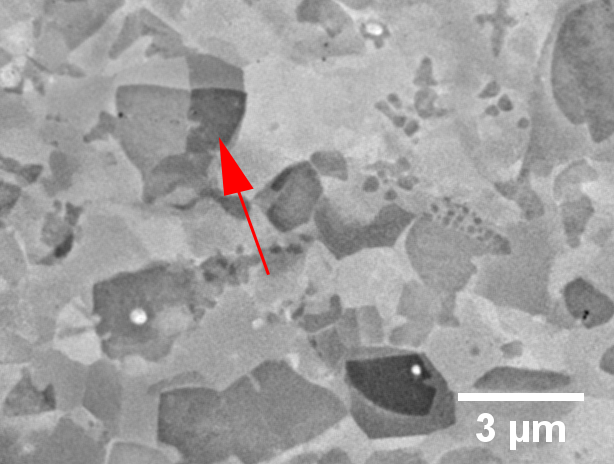Dr. Tori Miller won an NSF CAREER Award for her proposal “A Probabilistic Framework for the Nucleation of Recrystallization.”
This research program enables unprecedented control of solid-state microstructural evolution during thermomechanical treatment by introducing a probabilistic framework for the prediction of likely recrystallization sites. This is a key component of PI Miller’s career-long goal of developing a quantitative, mechanism-based understanding of the statistical accumulation of dislocations and deploy this knowledge to define processing paths that result in microstructures with unique properties. A priori prediction of likely nucleation sites allows for greater fidelity in modeling of recrystallization-related failure mechanisms or the as-recrystallized microstructure. The PI hypothesizes that the likelihood of recrystallization at a given microstructural site can be captured by a “recrystallization indicator parameter (RXIP)”, similar to the concept of a fatigue indicator parameter in fatigue and fracture. This dimensionless parameter describes the probability of nucleation at a given microstructural site by quantifying and weighting the contributions of local features that promote or inhibit nucleation, e.g., curvature, slip system alignment, Schmid factor, misfit, etc. The core concept of this research–measurement and quantification of the microstructure of materials–has been integrated into education and outreach modules for use from middle school to university. The PI will partner with existing programs at the University of Florida to pilot and iteratively refine physical kits through teacher training programs funded by the Department of Education and the Cornell Lending Library of Experiments. For broader dissemination, digital demonstrations and data-processing only versions of the modules will be distributed as an educational tool through the International Metallographic Society.
